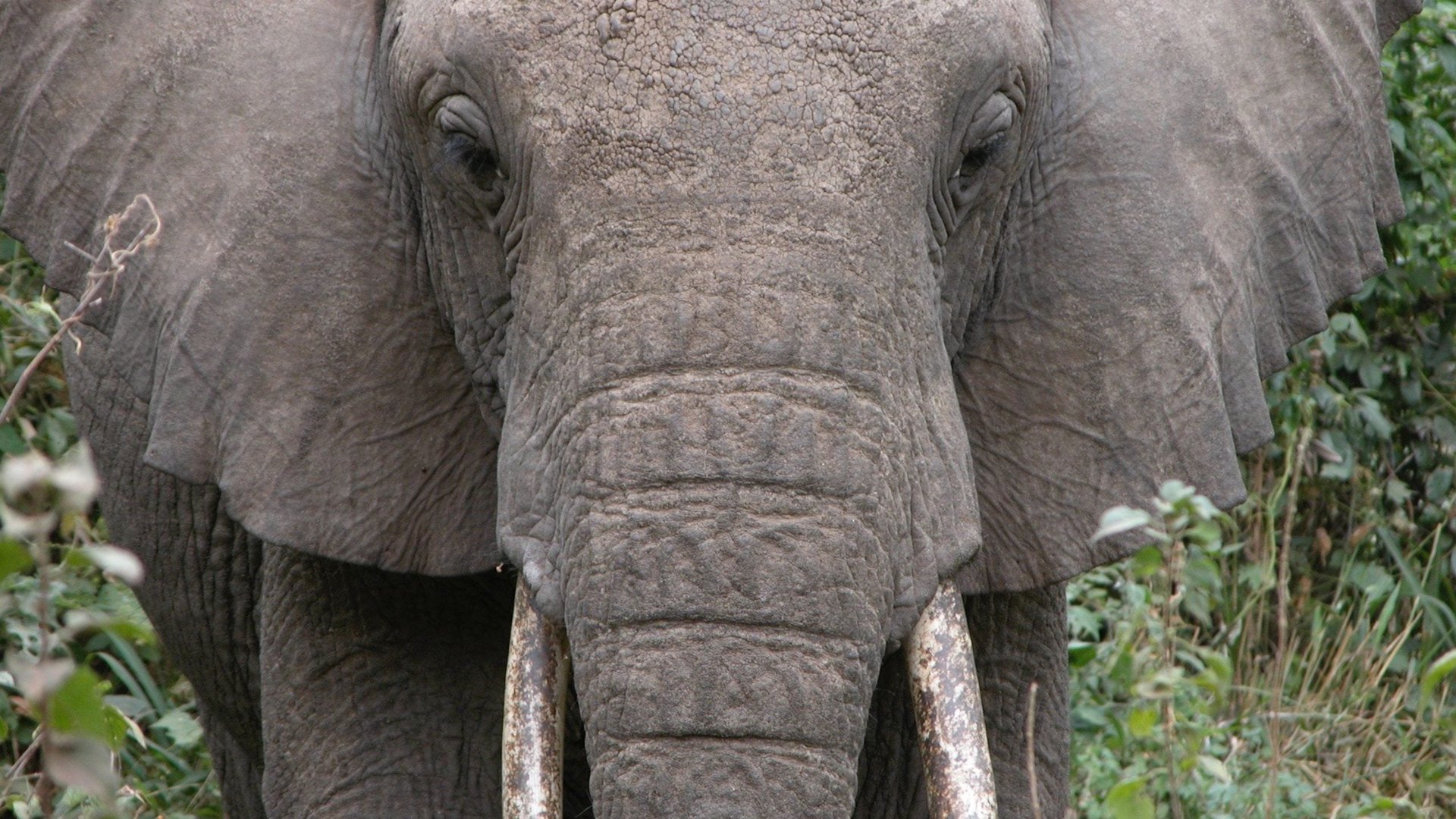The ivory trade is alive and well, thanks to Facebook
As Mark Zuckerberg testifies in Congress this week about the Cambridge Analytica scandal and his social media’s vulnerability to election manipulation, another unsavory aspect of Facebook has come to light. Facebook is apparently host to a vast illegal wildlife trade, and selling ads on group pages that market elephant ivory and other body parts of critically threatened species, according to the Associated Press.


As Mark Zuckerberg testifies in Congress this week about the Cambridge Analytica scandal and his social media’s vulnerability to election manipulation, another unsavory aspect of Facebook has come to light. Facebook is apparently host to a vast illegal wildlife trade, and selling ads on group pages that market elephant ivory and other body parts of critically threatened species, according to the Associated Press.
Horns of black rhinos (5,000 left in the wild) and pelts of Bengal tigers (2,500 left in the wild) were among the “scores” of products that an AP reporter was able to find advertised on public and private Facebook groups, in addition to elephant ivory. Many of the groups originated in southeast Asia, according to the AP. The reporter was able to find these posts “weeks” after Facebook joined the “Global Coalition to End Wildlife Trafficking Online” in March, a group organized by Google and the World Wildlife Fund. Organizations that analyze wildlife trafficking told the AP that joining the coalition has had no impact on the volume of posts on these pages.
“The amount of ivory being traded on Facebook is horrifying,” Gretchen Peters, executive director of the Center on Illicit Networks and Transnational Organized Crime, which documents online groups where wildlife goods are advertised, told the AP. “I have looked at thousands of posts containing ivory, and I am convinced that Facebook is literally facilitating the extinction of the elephant species.”
In addition, Facebook is selling ads for “well-known American corporations” that run on the pages where the wildlife products are sold, the AP reports.
In August, the National Whistleblower Center filed a complaint with the Securities and Exchange Commission on behalf of an anonymous informant. The complaint, a copy of which was obtained by the AP, alleges that the wildlife trade on Facebook violates its responsibilities as a publicly traded company.
The AP notes that price negotiations to buy items like rhino horns are often initiated over Facebook Messenger and WhatsApp, both of which are owned by Facebook.